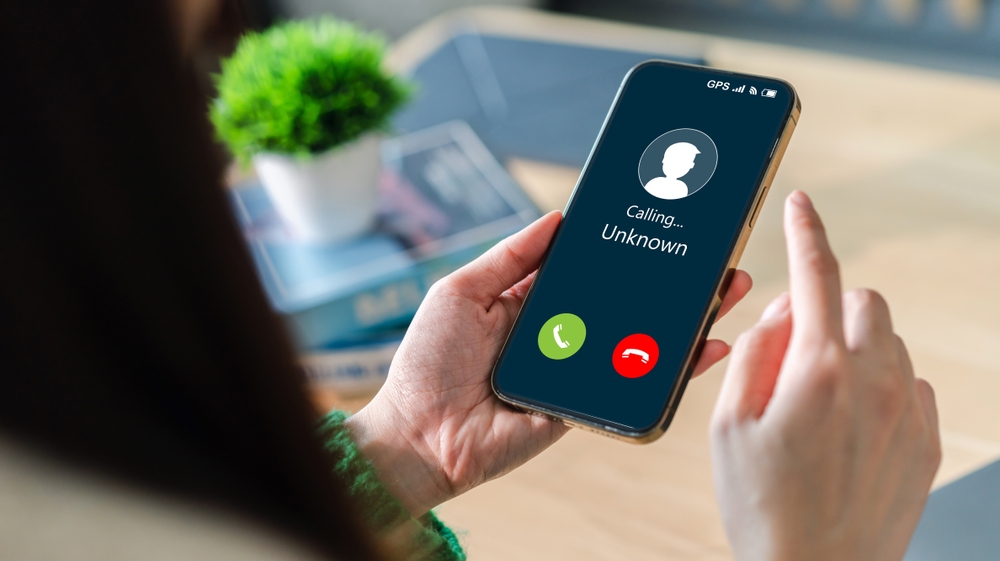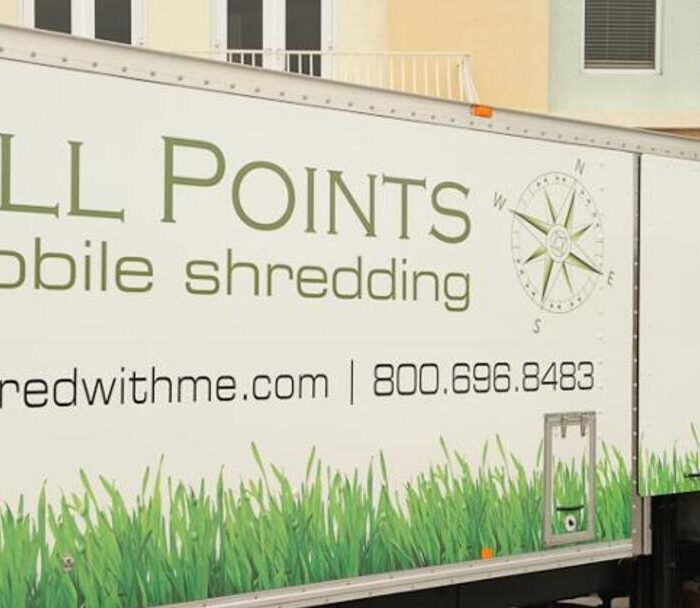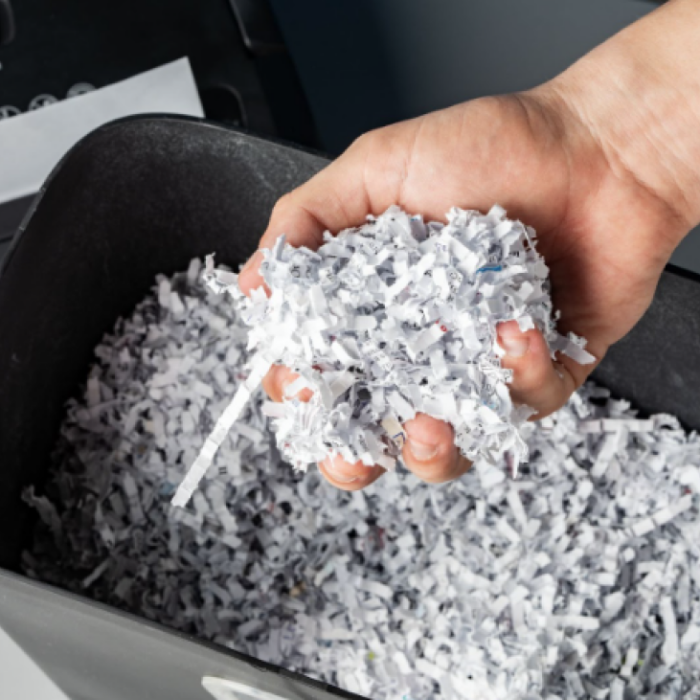Top 8 tips from the experts
Everyone’s personal information is out there—living in cyberspace, moving around the web and existing is databases from companies we engage with to doctor’s offices and many more. And even though we’re told our information is safe, the reality is there could be a breach at any time. An outside breach is usually beyond our control, but there are other fraudulent scams that we have the power to avoid just by following some simple protocols. Here are the top 8 ways to protect yourself:
1. Eliminate paper statements
When given the option, choose to receive bank and credit card statements digitally. Doing so eliminates the opportunity for ID thieves to steal them from your home, your mailbox or your trash/recycling. The paperwork you do have should be shredded on a regular basis and never placed in the regular trash or recycling bin.
2. Stop entering sweepstakes
The prizes may be irresistible but the question is—what are those companies doing with your personal information? The fact is, many sweepstakes aren’t for real and are just a vehicle for them to capture your information to try and sell you stuff later.
3. Don’t give out your social security number
There are only a few organizations that you deal with that truly need your social security number and these include your bank, credit agencies and the IRS. Even your doctor’s office doesn’t need it so be wary of anyone who asks for it and if given the choice, opt out. The more places that have your numbers out there, the more likely it is that will get stolen.
4. Ignore calls from numbers you don’t recognize
Some of the biggest scams going on these days are via phone. Remember that if someone is not a scammer they will leave a message—so don’t answer calls from any numbers you don’t know. You can also set up the Do Not Disturb option on your phone which will only allow calls from those numbers in your contact list to go through. All other calls will go to voicemail.
5. Stay away from debit purchases
Whenever possible, use a credit card instead of your debit. If there are any fraudulent charges you’ll be covered, unlike debit purchases which come out of your account immediately and take time and paperwork to remedy.
6. Opt for mobile pay if possible
Mobile pay options from your cell phone like Apple Pay or Google Pay can also protect you from fraud. You’re not required to swipe your card which eliminates the possibility of skimmers and exposing your card number and security code to scammers.
7. Beware of fear-based scams
A common scam these days involve emails or calls from the IRS, utility companies, and other entities claiming you owe money or have an outstanding balance, etc. The IRS will never call you requesting your personal information and most utility companies won’t either. Remember to never give out any account information over the phone.
8. Scam recovery pitches are usually a scam
If you’ve ever been the victim of fraudulent activity and receive a call or email offering scam recovery services, do not respond. Reload scams are those that know you’ve been a victim (usually of their scam) and are attempting to get even more money from you.
Making yourself aware of the types of fraud going on today is the first step to protecting yourself. Follow these tips to keep your information and your money safe from scams. Remember that if something sounds suspicious, go with your gut and do not engage.
And, be diligent in shredding all your outdated documents and paperwork that contains personal information.
For a one-time shred or to set up a regular shredding schedule, contact us today. All Points Mobile Shredding is a family-owned and operated company and we serve residential and commercial clients from Okeechobee County all the way down to Miami-Dade County.









